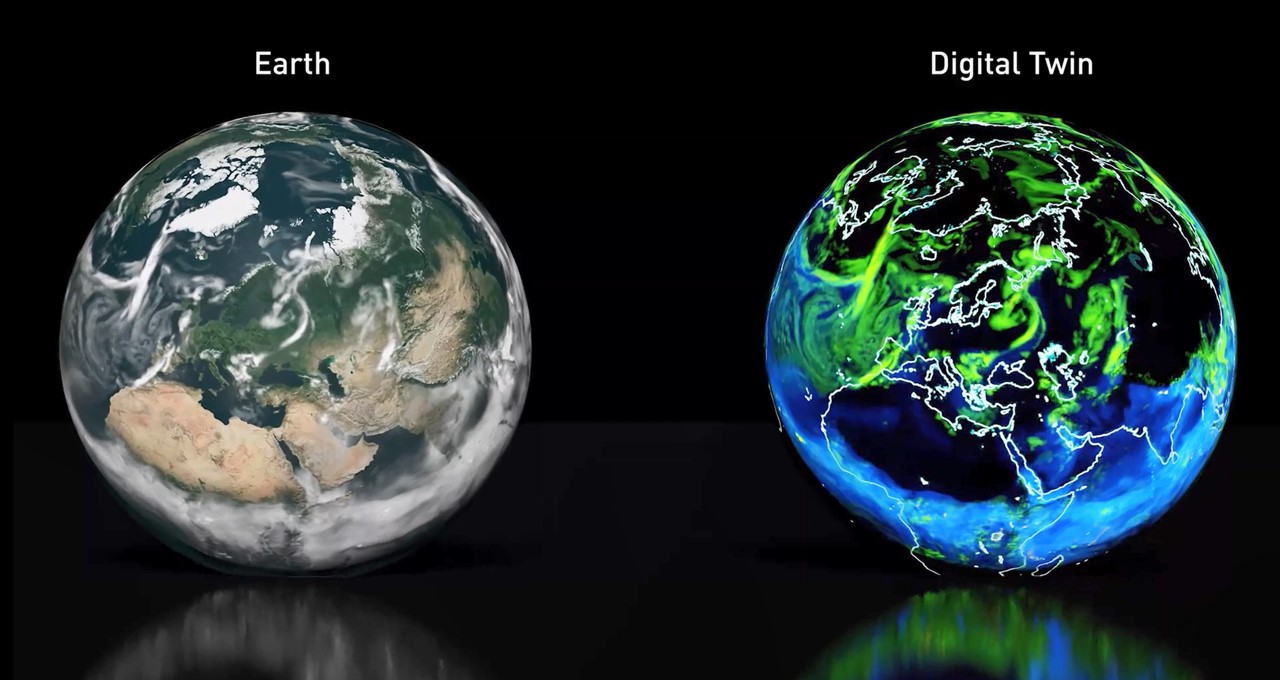
Bank of America’s recent report “Thematic Investing” suggests that the global economy could see a substantial increase of approximately $15.7 trillion within the next seven years, thanks to the growth of artificial intelligence (AI). The report, authored by Israeli Haim Israel, Head of Global Thematic Investing Research for Bank of America, projects that by the end of 2026, the global market for AI, which includes hardware, software, and services, could reach $900 billion.
Haim Israel considers the situation similar to the internet boom of the 1990s and the ‘iPhone moment’ of the 2000s because of the following reasons;
- The abundance of commercial use cases
- Development of Warp-speed technology
- Democratization of data
- Phenomenal mass adoption
Increased data production
In his report, he mentioned that today, the data created in an hour is more than what used to be created in a whole year just 20 years ago. The rate of world data production should double every 2 years. When generative AI which allows machines to understand human language and produce human-like content becomes widely accepted, society can improve and fully capitalize on the produced data.
ChatGPT was able to reach 1 million users in 5 days, it had 1 billion total visits in 3 months and an adoption rate which is 3 times more than TikTok’s adoption rate and 10 times more than that of Instagram.
The computing power to train AI datasets in the last decade has doubled every 3 months. In the past four years, the number of parameters for large language models has increased by 1900. In the next ten years, AI models could be more powerful than ChatGPT by 1 million times.
Israel pointed out that new AI applications may not develop very fast, but people are also producing data at exceptional rates.
“By the time you finish reading this sentence, approximately 231 million emails, 6 billion Google searches and 69 million WhatsApp messages have already been sent and approximately 500 hours of video have been uploaded to YouTube”
Israeli Haim Israel, Head of Global Thematic Investing Research, Bank of America
“Data is knowledge”
The report shows that every second, a person generates about 1.7 megabytes which are approximately 2.5 quintillion bytes of data by humans every day.
Israel added that presently, people use only about 1% of the data produced. An increase of 1% or 2% in data usage would lead to an increase in economic value.
This revolution comes with its challenges. One of these challenges is that training an AI model could release about 284 tons of carbon dioxide- that is five times more than a car’s average emission throughout its useful life. Israel added that “The environmental, social and governance angle can be quite alarming. The amount of electricity we need to manage all these will increase exponentially.”
The world will however not stop the AI revolution because of its negative impact on the environment.
Photo credit: Pixabay



